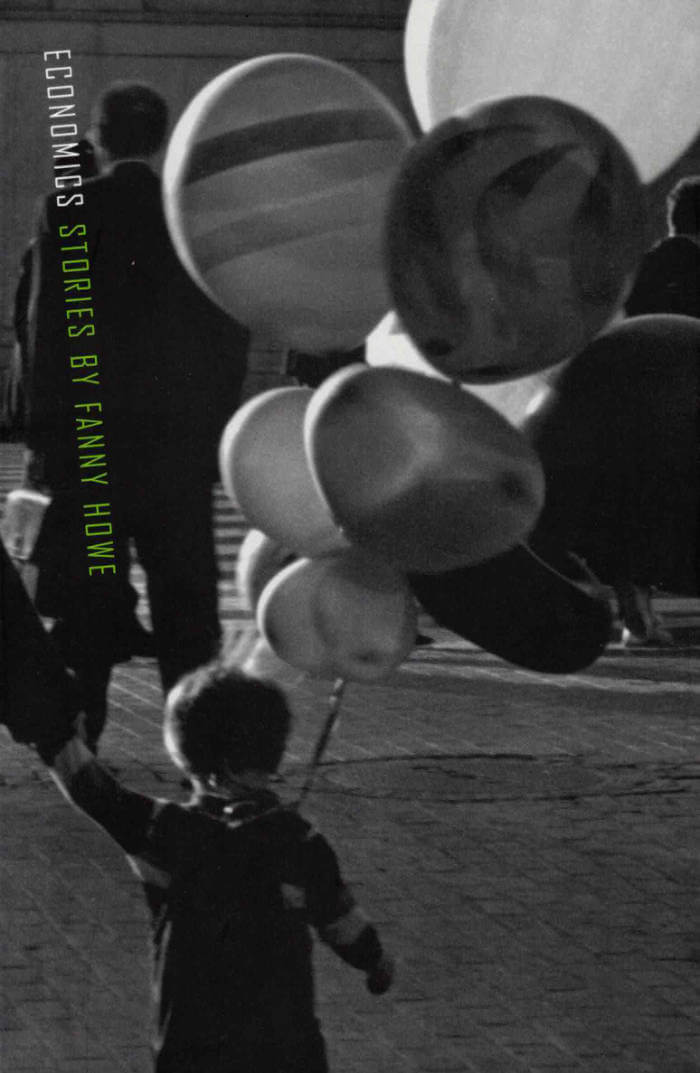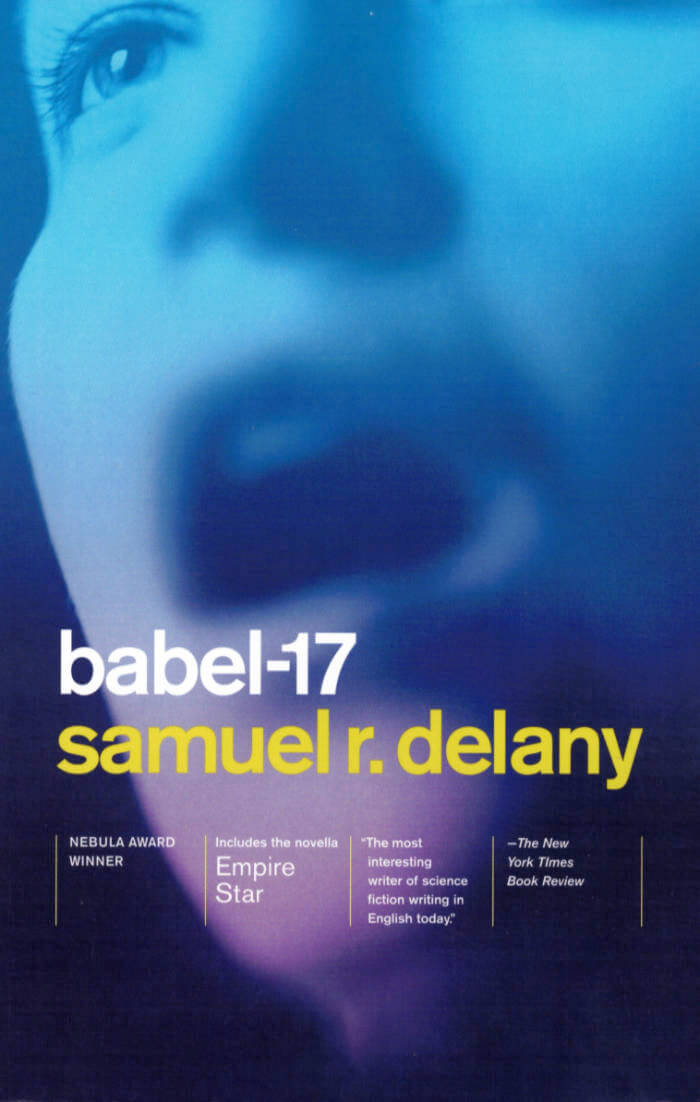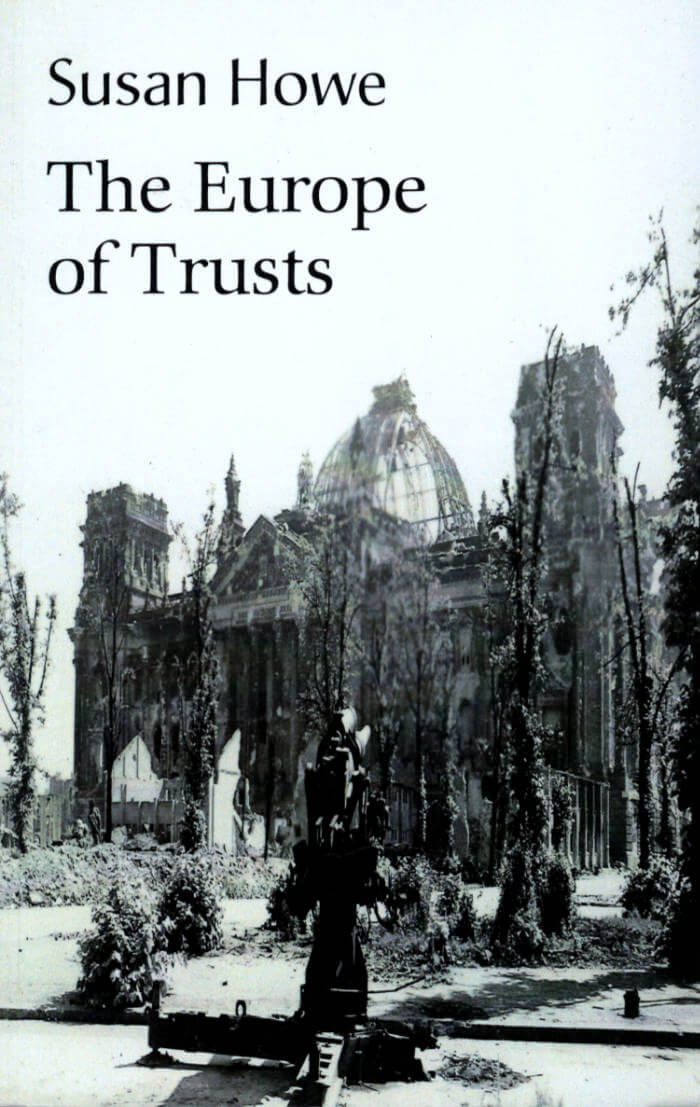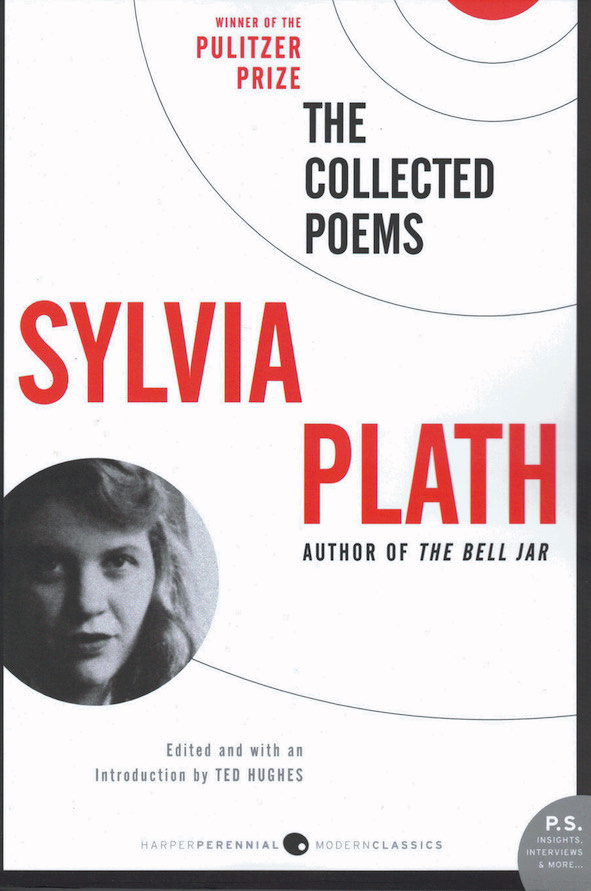Books
Books
published in 2002

Economics
Largely set in Boston, Fanny Howe's Economics examines with an unwavering eye the necessary errors of the 1960s liberalism and consequences of cold war politics. A white liberal couple adopts a black child with troubling results; two old friends from the Kennedy campaign meet years later to discover how different their lives have become; a separated working-class couple drives to the Cape in order to collect the prize from an instant lotto game. In each story, love is eroded by class expectations and financial pressures, by racial tensions and ideological hypocrisies. As a result Economics offers a raw portrait of the last three decades that is at once comic and devastating.

The Beauty of the Husband: A Fictional Essay in 29 Tangos
The Beauty Of The Husband is an essay on Keats’s idea that beauty is truth, and is also the story of a marriage. It is told in 29 tangos. A tango (like a marriage) is something you have to dance to the end.
This clear-eyed, brutal, moving, darkly funny book tells a single story in an immediate, accessible voice–29 “tangos” of narrative verse that take us vividly through erotic, painful, and heartbreaking scenes from a long-time marriage that falls apart. Only award-winning poet Anne Carson could create a work that takes on the oldest of lyrical subjects–love–and make it this powerful, this fresh, this devastating.


Babel-17/Empire Star
Babel-17, winner of the Nebula Award for best novel of the year, is a fascinating tale of a famous poet bent on deciphering a secret language that is the key to the enemy's deadly force, a task that requires she travel with a splendidly improbable crew to the site of the next attack. For the first time, Babel-17 is published as the author intended with the short novel Empire Star, the tale of Comet Jo, a simple-minded teen thrust into a complex galaxy when he's entrusted to carry a vital message to a distant world. Spellbinding and smart, both novels are testimony to Delany's vast and singular talent.
Samuel R. Delany was born and raised in Harlem, where he still lives. He is a professor of English and Creative Writing at Temple University in Philadelphia.

The Europe of Trusts: Poetry
The Europe of Trusts contains three brilliant, long-unavailable books which Susan Howe first published in the early 1980s: The Liberties, Pythagorean Silence, and Defenestration of Prague.
These are the landmark books, following her volumes from the previous decade ( Hinge Picture, Chanting at the Crystal Sea, Cabbage Gardens, and Secret History of the Dividing Line), which established Howe as "one of America's foremost experimental writers" ( Publishers Weekly).
"Her work," as Geoffrey O'Brien put it, "is a voyage of reconnaissance in language, a sounding out of ancient hiding places, and it is a voyage full of risk. 'Words are the only clues we have, ' she has said. 'What if they fail us?'"

Sylvia Path: Collected Poems
Pulitzer Prize winner Sylvia Plath's complete poetic works, edited and introduced by Ted Hughes.
By the time of her death on 11, February 1963, Sylvia Plath had written a large bulk of poetry. To my knowledge, she never scrapped any of her poetic efforts. With one or two exceptions, she brought every piece she worked on to some final form acceptable to her, rejecting at most the odd verse, or a false head or a false tail. Her attitude to her verse was artisan-like: if she couldn't get a table out of the material, she was quite happy to get a chair, or even a toy. The end product for her was not so much a successful poem, as something that had temporarily exhausted her ingenuity. So this book contains not merely what verse she saved, but after 1956 all she wrote.
(Ted Hughes, from the Introduction)
Sylvia Plath was born in 1932 in Massachusetts. Her books include the poetry collections The Colossus, Crossing the Water, Winter Trees, Ariel, and Collected Poems, which won the Pulitzer Prize. A complete and uncut facsimile edition of Ariel was published in 2004 with her original selection and arrangement of poems. She was married to the poet Ted Hughes, with whom she had a daughter, Frieda, and a son, Nicholas. She died in London in 1963.

Leash
Leash extends the logic of S&M to its inexorable and startling conclusion, darkly and hilariously revealing the masochistic impulse as the urge to disappear from the chores, obligations, and emotional vacuity of daily life.
No more jobs, no more taxes, no more checkbook, no more bills, no more credit cards, no more credit, no more money, no more mortgages, no more rent, no more savings, no more junk mail, no more junk, no more mail, no more phones, no more faxes, no more busy signals, no more computers, no more cars, no more drivers' licenses, no more traffic lights, no more airports, no more flying, no more tickets, no more packing, no more luggage, no more supermarkets, no more health clubs... While her current spends the summer researching public housing in Stockholm, a moderately wealthy, object-oppressed, and terminally hip New York female of a certain age seeks adventure in the sedate dyke bars of lower Manhattan. Finding none, she answers a personal ad. She is ordered to put on a blindfold before the first meeting with the woman she knows only as Sir. Not knowing what someone looks like turns out to be freeing, as do the escalating constraints that alienate her not just from her former life, but from her very conception of who she is. Part Georges Bataille, part Fran Leibowitz, this is the Story of O told with a self-referentially perverse sense of humor.

Video's 1972-1981
Published on the occasion of the frame by frame restauration by argos of the videos that visual artist Lili Dujourie made from 1972 to 1981. Essays by Jean Fisher and Dirk Lauwaert, 52 black and white plates of video stills.